Understanding Climate and Disability Justice: Mitigating Structural Barriers to the Right to Health
Decreasing vulnerability requires understanding and addressing upstream root causes of health inequities.
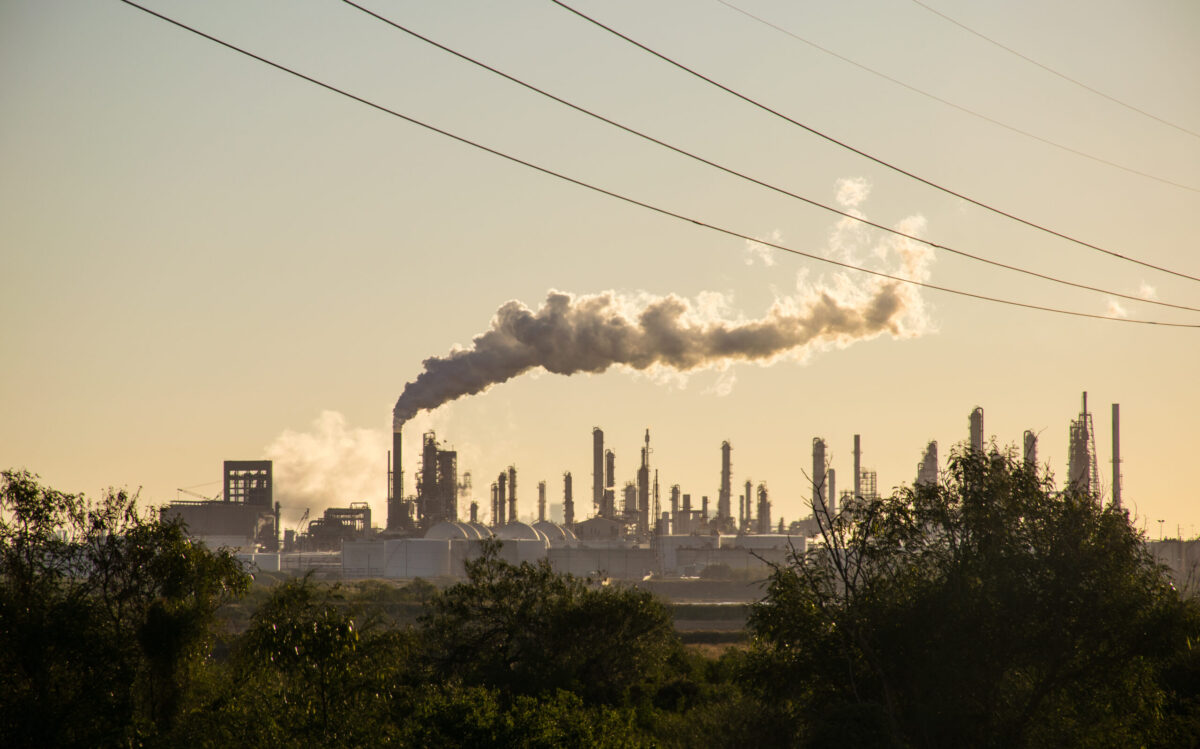
Decreasing vulnerability requires understanding and addressing upstream root causes of health inequities.

Agroecology provides an inclusive paradigm through which to advance climate justice.

While Bangladesh’s climate-related laws and policies gesture toward inclusion, considerable gaps remain between policy and practice.

Educators have the power and responsibility to change practices now so that students benefit from climate change and disability awareness education.
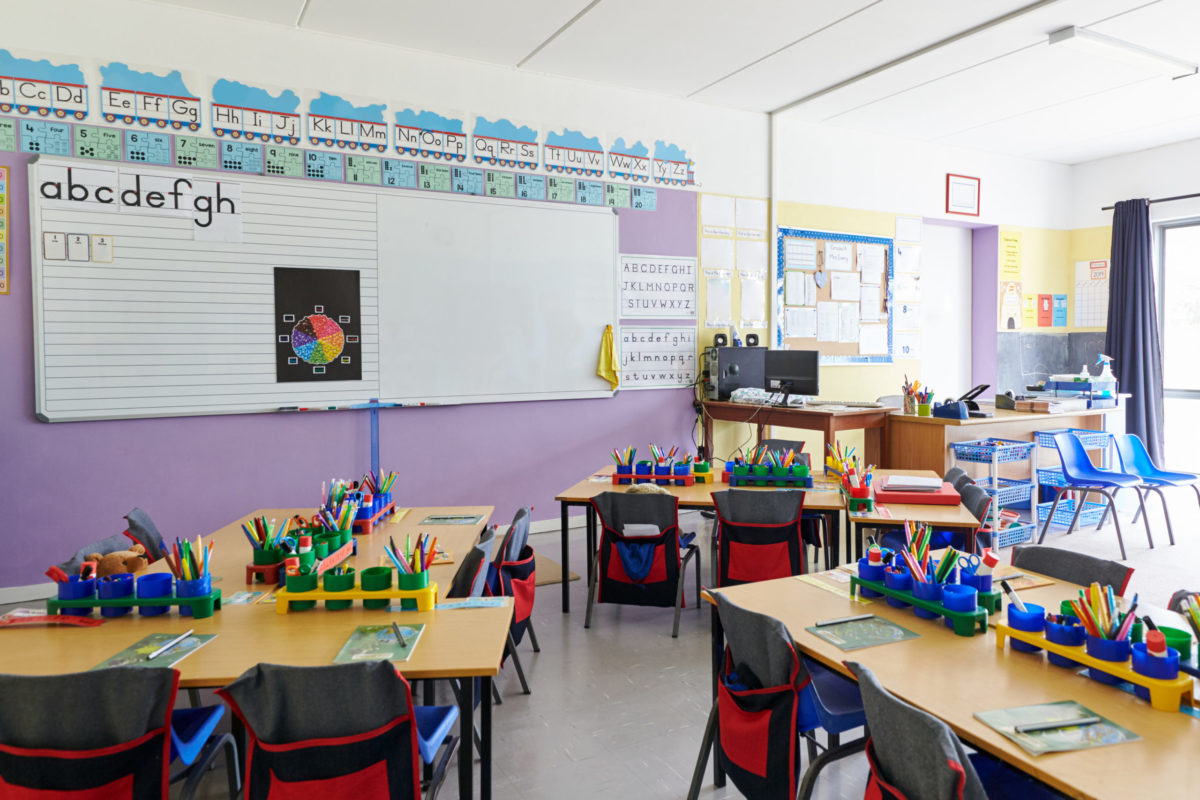
International human rights law offers a framework for coordinated climate action where all members of society have a role to play.
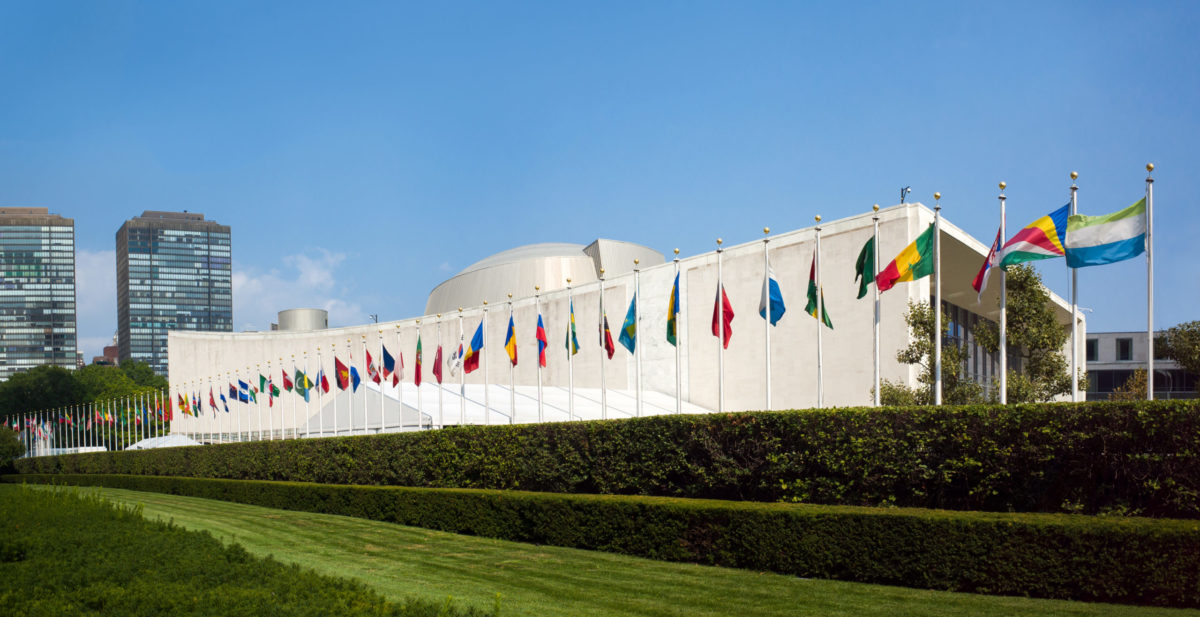
Incorporating disability issues into general resilience planning is not only a life-saving necessity, but also an opportunity for broader inclusion.

Growing interest in migration as a form of climate adaptation risks exacerbating existing inequalities and generating new ones for disabled people.
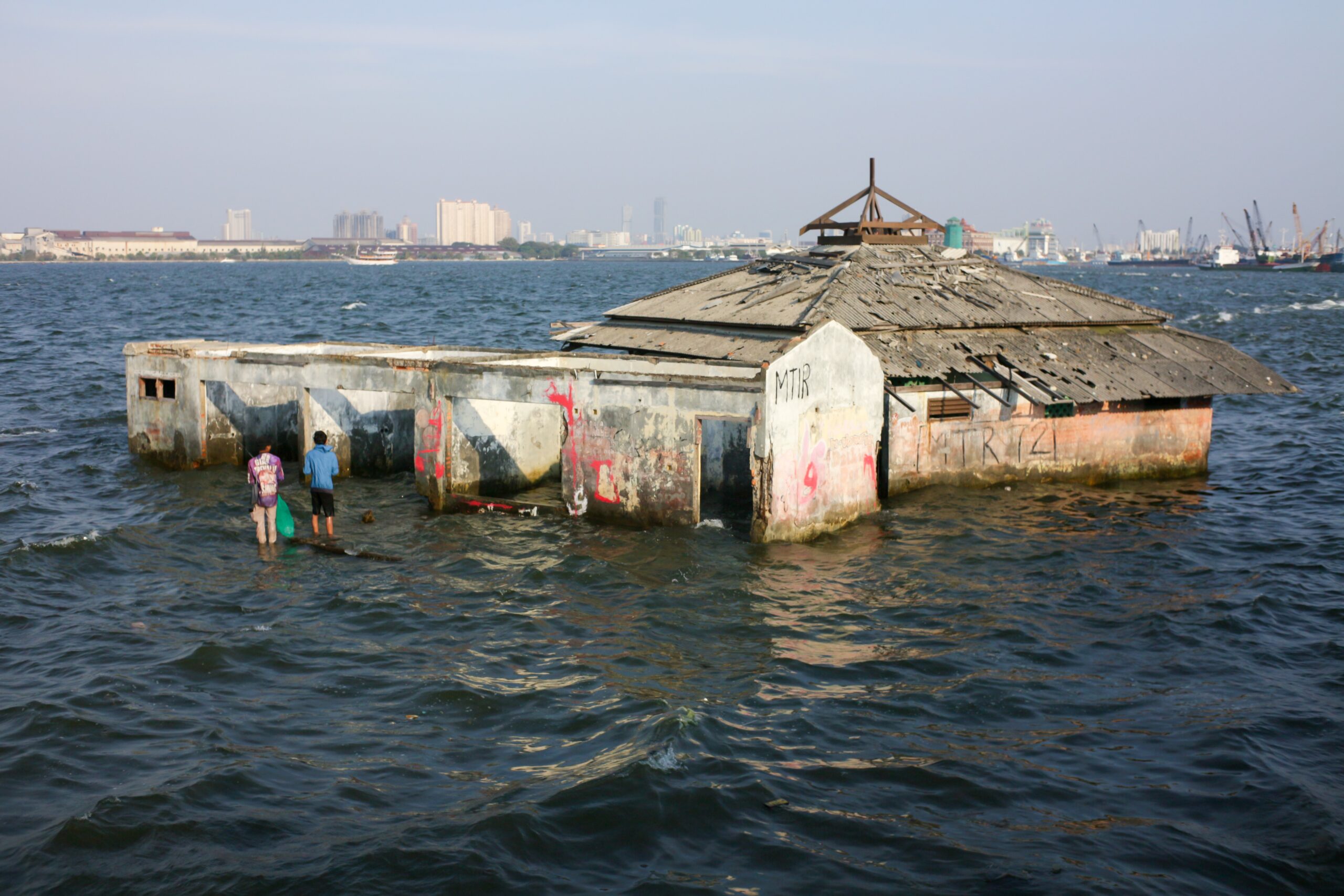
This piece highlights the failure to recognize the knowledges of disabled people as a form of epistemic injustice.

Preventing pandemic destruction is not just a question of “how to.” It is a question of organizing power from below.
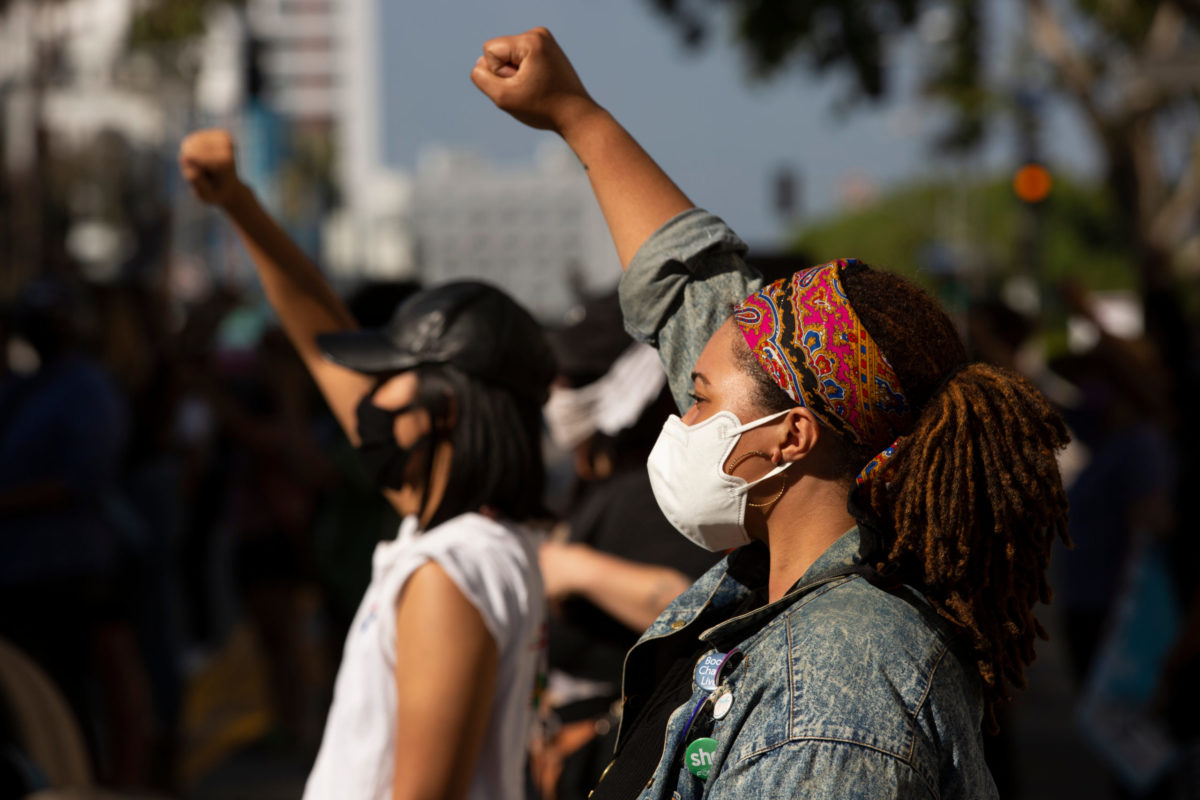
If public health is to prosper, we will need to overcome the after-effects of several failures of imagination.
